One of the more recent engineering specialties, electrical engineering has roots in the late 19th century. It is the area of engineering that deals with electricity-related technology. From small microchips to enormous power plant turbines, electrical engineers work on a diverse spectrum of parts, gadgets, and systems. After the commercialization of the electric telegraph, the telephone, and the generation, distribution, and use of electrical power, it became a distinct profession in the second half of the 19th century.
Electrical engineering has developed and specialized into a variety of distinct subfields since its inception, including power generation and transmission systems, motors, batteries, and control systems. Electronics is a subfield of electrical engineering that covers telecommunications, radio frequency (RF) systems, signal processing, remote sensing, instrumentation, digital circuits, optoelectronics, audio and video among others.
This article briefs you about what is electrical engineering, how to start with the electrical engineering projects, why doing electrical projects for final year are so important, how to choose the electrical projects for final year, final year project ideas for electrical engineering based on the electrical engineering projects done by Takeoff Projects.
What is Electrical Engineering?
The study, design, and implementation of machinery, gadgets, and systems utilising electricity, electronics, and electromagnetic are the focus of the engineering field known as electrical engineering.
Electronics, photovoltaic cells, computer engineering, systems engineering, power engineering, telecommunications, radio-frequency engineering, signal processing, instrumentation, and optics and photonics are just a few of the many subfields of electrical engineering that exist today.
Why to do Electrical Engineering Projects?
Electrical and electronics engineers' employment is expected to increase by 4% in near future as a result of their "versatility in inventing and deploying technological developments," according to the BLS.
If you want to pursue a career in the electrical industry, you should possess a strong technical knowledge and must be well-versed in the career paths available in the electrical sector. This can be achieved by doing a good electrical engineering projects in your final year. The final year project ideas for electrical engineering are covered in this blog.
How to Choose the Electrical Projects for Final Year
Understanding why the university or college demands creating a project as a part of the student's curriculum is the first step in the entire process of picking a solid electrical project concept. It's because working on an academic assignment puts all of your theoretical knowledge to use practically and is a wealth of learning! Students will thus need to develop a project concept. Please be aware that while working on the project, they will need to master a lot of new skills. Let's now talk about how students should select a project concept.
The most crucial processes in choosing project ideas for engineering students in their final year are as follows:
Individual Interest.
The accessibility of resources
Collaboration.
The project’s price.
The choice of a guide.
The Project's Type.
What to Do?
The advantages of project work.
Few Electrical Engineering Projects
Electrical Engineering Projects are normally done by both UG students and PG students during their final year. This helps them to improve their technical knowledge in the core field. Hence it is important for them to do major projects for electrical engineering in their final year itself.
This section gives the final year project ideas for electrical engineering based on the brief descriptions and explanations about the few electrical projects for final year done by the Takeoff Projects.
Sliding Mode Control for Grid Integration of Wind Power System Based on Direct Drive PMSG
In this study, a sliding mode control strategy for a wind energy conversion system based on a direct-drive PMSG is proposed. The strength of nonlinear sliding mode control (SMC) and its ability to effectively reject disturbances make it useful for reacting to grid disturbances. On the other hand, the SMC chattering effect increases the total harmonic distortion introduced into the grid.
Click here for the detailed information of project.
Modeling of a Droop-Controlled Grid-Connected DFIG Wind Turbine
RMS models have often been used to describe the behaviour of droop-controlled systems. However, as is shown in this study, RMS models are unable to forecast the stability and dynamic response of the system when droop control is applied to doubly-fed induction generators. In order to get around the RMS models' drawbacks, a linearized small-signal model is described in this article. Simulation in MATLAB/Simulink is used to verify the suggested model.
Click here for the detailed information of project.
DC Bus Voltage Control of Wind Power Inverter Based on First-Order LADRC
The voltage outer loop is under the control of the upgraded linear active disturbance rejection controller (LADRC). First, the mathematical model of the wind power grid-connected inverter is examined. Based on this analysis, a linear active disturbance rejection control based on a reduced-order linear extended state observer is designed. This reduces the observer's phase lag and increases the accuracy of the system's disturbance observation.
Click here for the detailed information of project.
An Improved Sliding Mode Direct Power Control Strategy Based on Reactive Power Compensation for Vienna Rectifier
Vienna rectifiers are employed extensively in this project because of their superior high-voltage resistance, compact size, and high efficiency, as well as in electric car charging systems, wind power production systems, and other sectors. An innovative sliding mode direct power control approach based on disturbance compensation is suggested in order to address the issues with the Vienna rectifier's slow reaction time, poor anti-disturbance capabilities, and current zero crossing distortion.
Click here for the detailed information of project.
Active and Reactive Power Control for Dual Excited Synchronous Generator in Wind Applications
A dual excited synchronous generator (DESG) is used in this project as a cutting-edge alternative generating technology that is appropriate for wind energy conversion systems. For the DESG wind turbine system, a brand-new control method was suggested. Through this controller design, the DESG may be run as a variable-speed constant-frequency (VSCF) generation system with the advantages of easy control and lower copper losses, or as a constant-speed constant-frequency (CSCF) generation system with the advantage of changing reactive power.
Click here for the detailed information of project.
Top Final Year Project Ideas for Electrical Engineering
The major projects for electrical engineering done by us for the final year students are listed below. You can refer to these final year project ideas for electrical engineering so that you can get some clarity in doing your electrical projects for final year.
Enhanced Control and Power Management For A Renewable Energy-Based Water Pumping System
Multi Functional PV Inverter with Low Voltage Ride Through and Constant Power Output
A Novel VFVDC Optimized Full Bridge Inverter Control Strategy for Independent Solar Power Systems
A New Single-Source Nine-Level Quadruple Boost Inverter (NQBI) for PV Application
Multiphase Interleaved Converter Based on Cascaded Non-Inverting Buck-Boost Converter
A Unified Active Damping for Grid and Converter Current Feedback in Active Front End Converters
A Generalized High Gain Multilevel Inverter for Small Scale Solar Photovoltaic Applications
Modeling and Control of Single-Stage Quadratic-Boost Split Source Inverters
Soft Switching Multiphase Interleaved Boost Converter with High Voltage Gain for EV Applications
A New Multi-Output DC-DC Converter for Electric Vehicle Application
Control and Management of Railway System Connected to Microgrid Stations
Check for more Electrical Engineering Projects
Conclusion
This blog article gives you about some basic concepts of electrical engineering. Then the reason behind their significance is also stressed in “Why to do Electrical Engineering Projects”. Then it gives details about how to choose right electrical projects for final year. Then the final year project ideas for electrical engineering based on the electrical engineering projects done by Takeoff Projects provided at the end.
Also read : Mini Project Topics for EEE
Why Takeoff Projects? How can it help with the Electrical Engineering Projects?
An area of competence for specialists and professionals at Takeoff Projects is electrical and electronics. Many students have received assistance from Takeoff Projects in finishing their projects from a variety of industries. Your electrical engineering projects can be successfully completed by us in the allotted period. We also provide advice on how to improve the likelihood so that your present electrical projects for final year can be accepted. You can select your own electrical project ideas or receive inspiration from our collection of final year project ideas for electrical engineering.

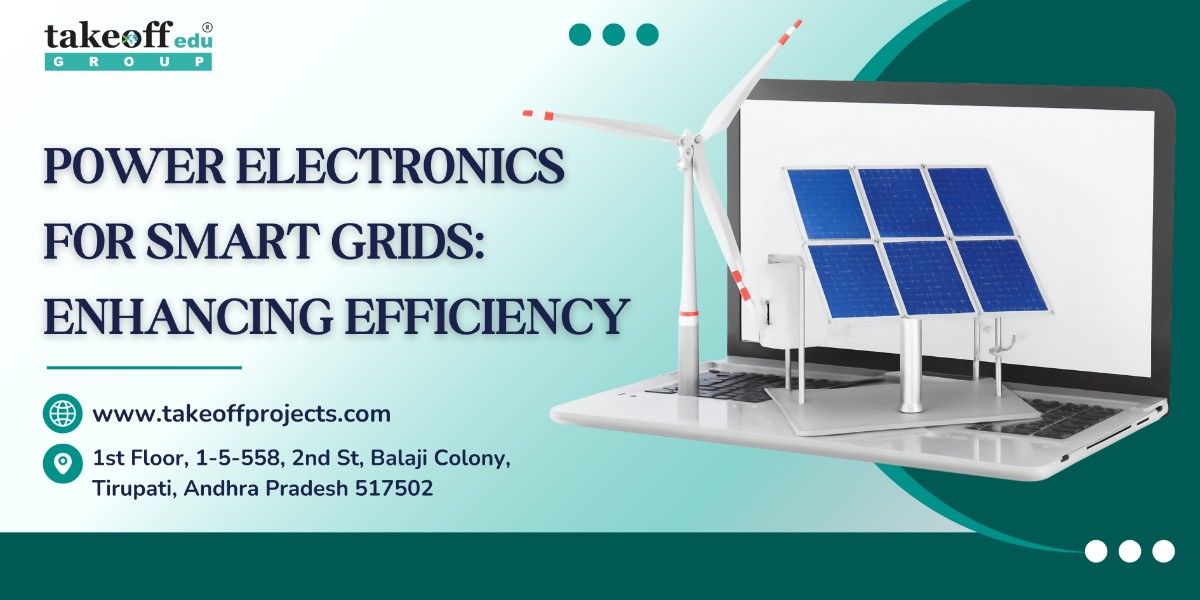 Power Electronics for Smart Grids: Enhancing Efficiency
Power Electronics for Smart Grids: Enhancing Efficiency  Introduction to Control Systems: Principles and Applications
Introduction to Control Systems: Principles and Applications 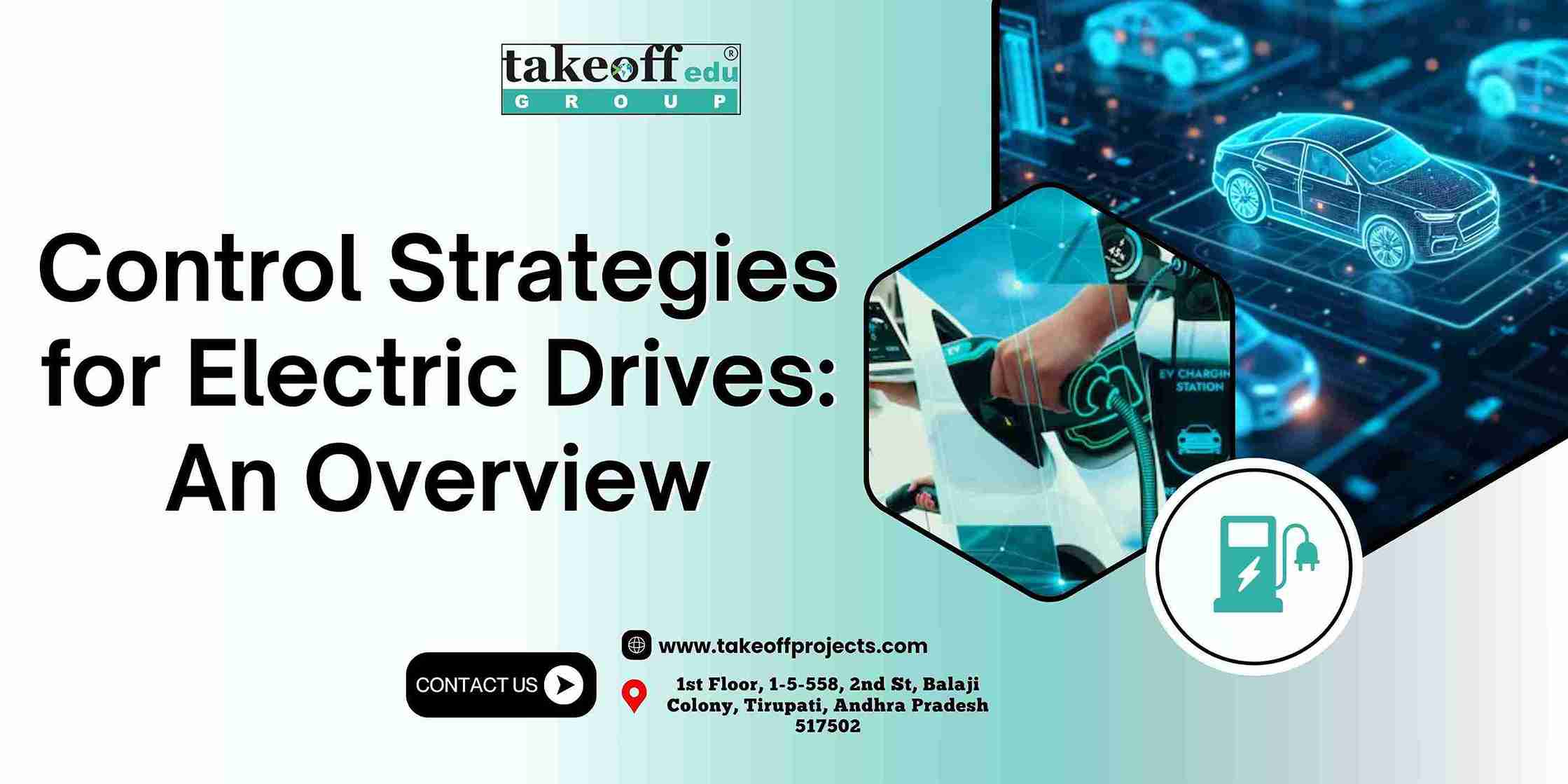 Control Strategies for Electric Drives: An Overview
Control Strategies for Electric Drives: An Overview  Electric Drives: Fundamentals & Key Components
Electric Drives: Fundamentals & Key Components 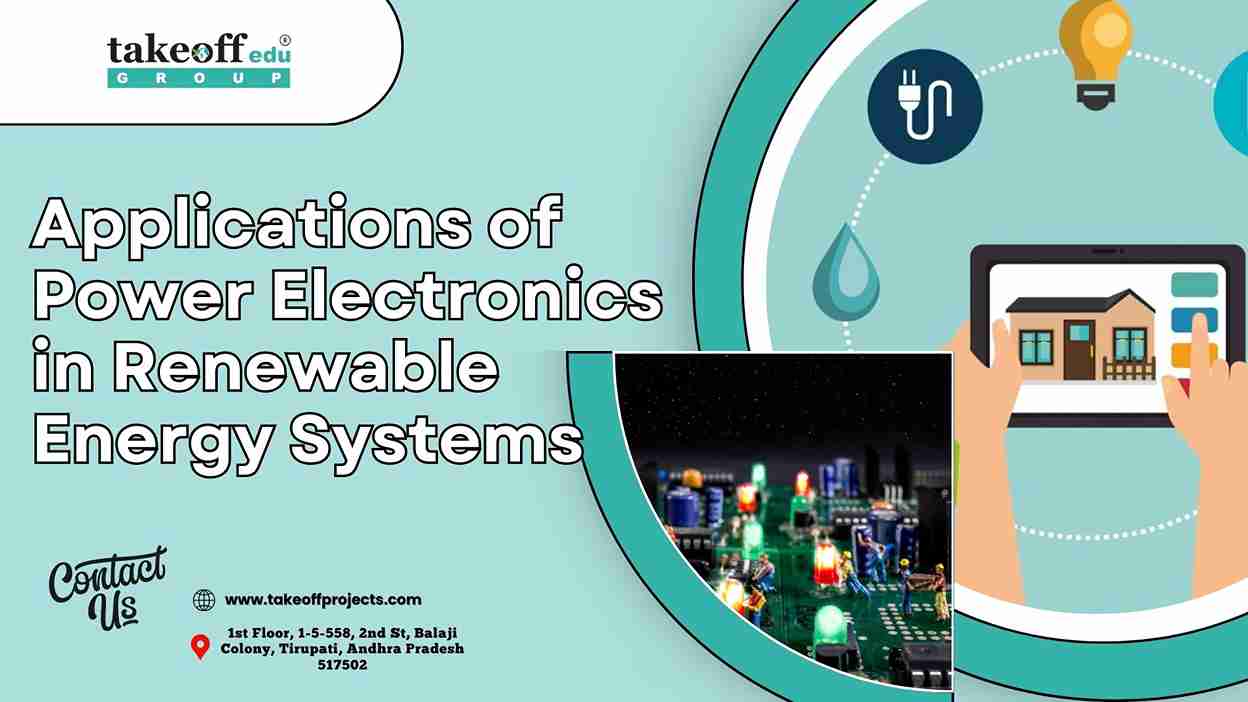 Applications of Power Electronics in Renewable Energy Systems
Applications of Power Electronics in Renewable Energy Systems  Designing Efficient Power Converters: Tips and Techniques
Designing Efficient Power Converters: Tips and Techniques  Advances in Power Semiconductor Devices
Advances in Power Semiconductor Devices  Power Electronics: Key Concepts and Applications
Power Electronics: Key Concepts and Applications  Cybersecurity in Power Systems: Protecting Critical Infrastructure
Cybersecurity in Power Systems: Protecting Critical Infrastructure 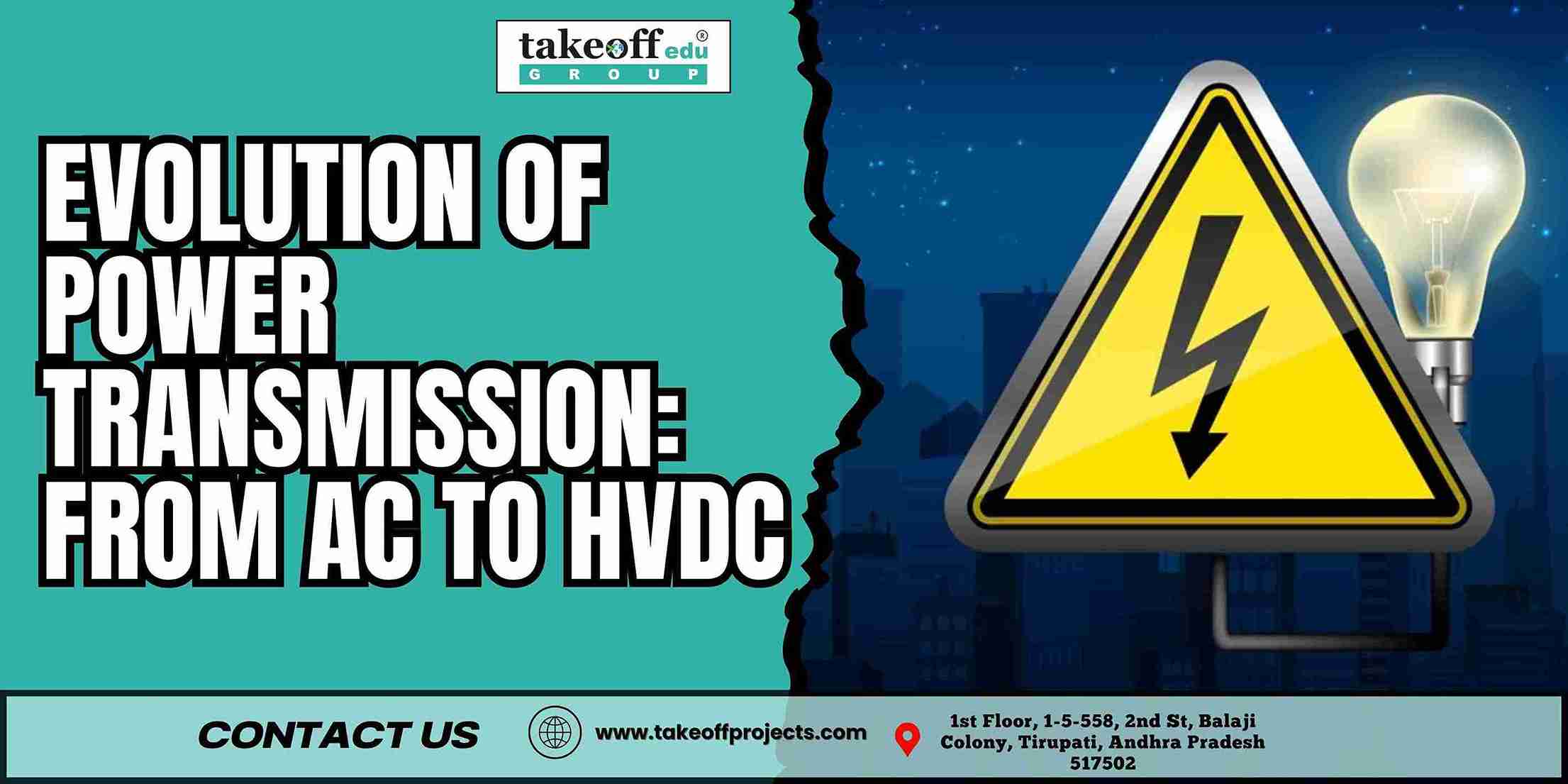 The Evolution of Power Transmission: From AC to HVDC
The Evolution of Power Transmission: From AC to HVDC 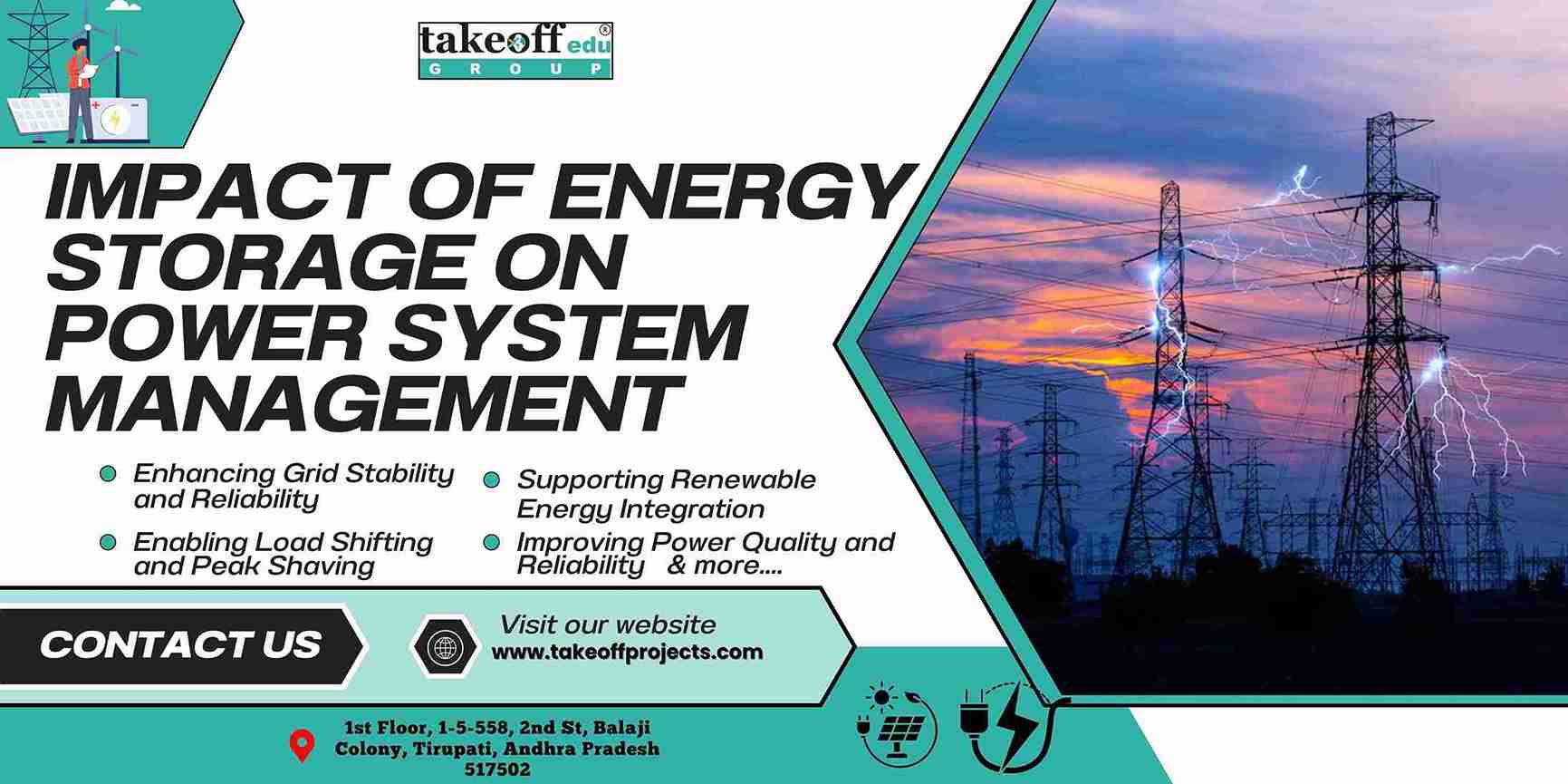 Impact of Energy Storage on Power System Management
Impact of Energy Storage on Power System Management 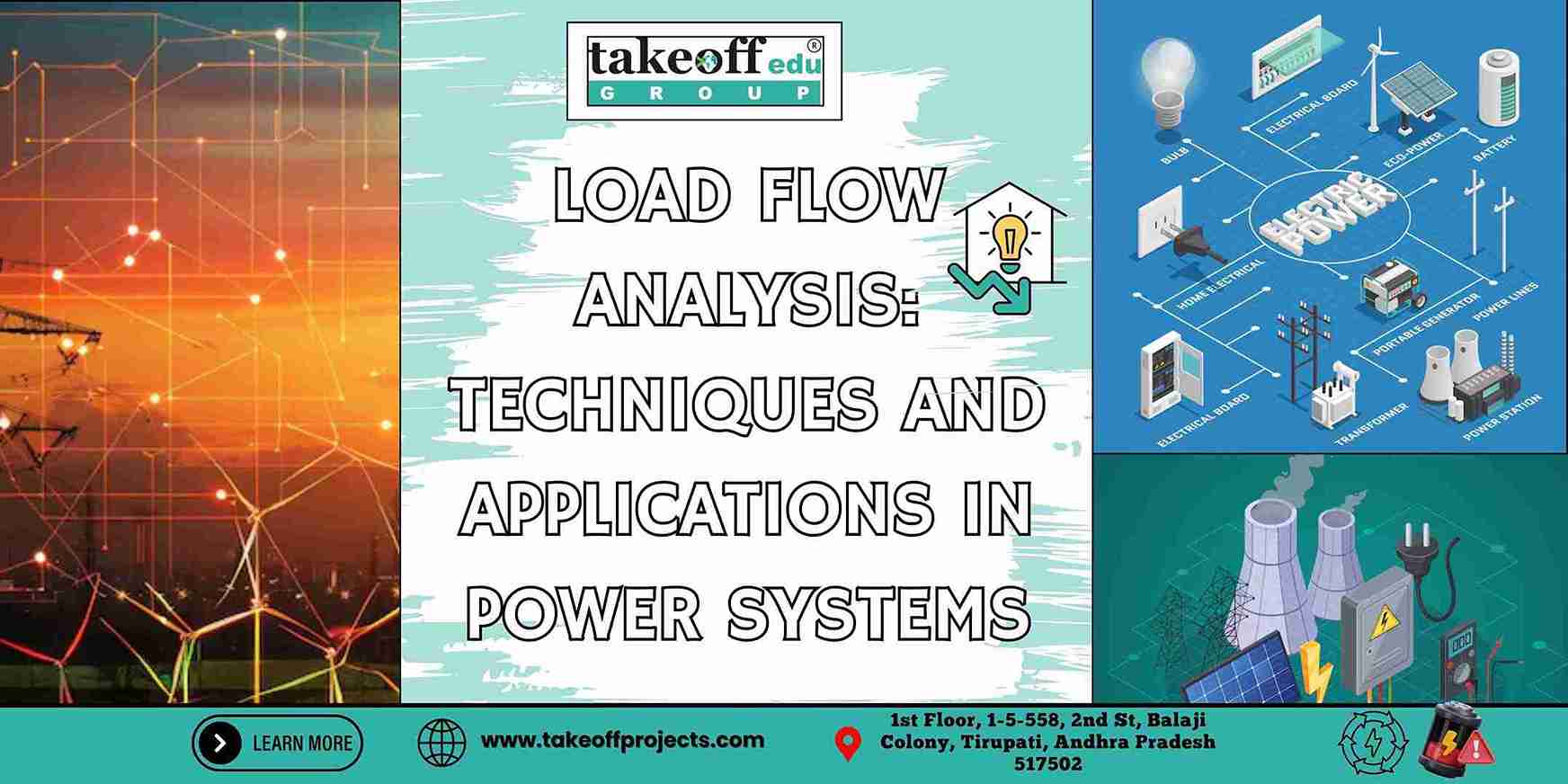 Load Flow Analysis : Techniques and Applications in Power Systems
Load Flow Analysis : Techniques and Applications in Power Systems 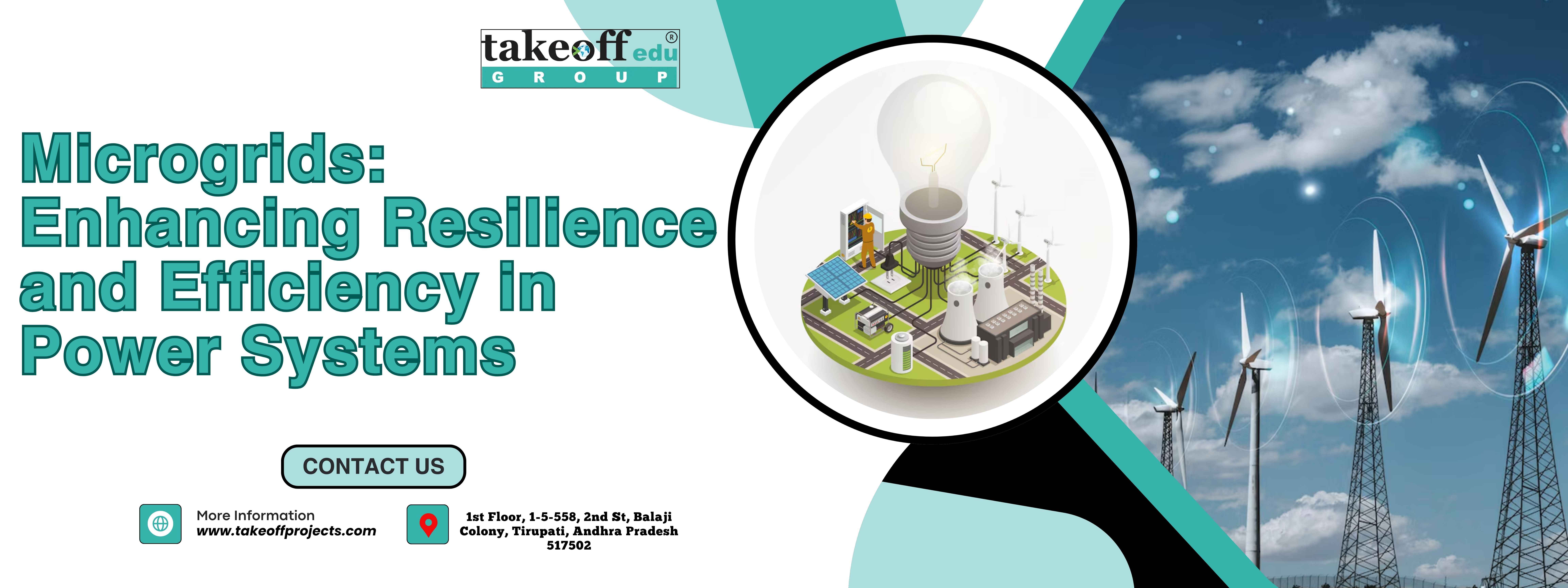 Microgrids: Enhancing Resilience and Efficiency in Power Systems
Microgrids: Enhancing Resilience and Efficiency in Power Systems 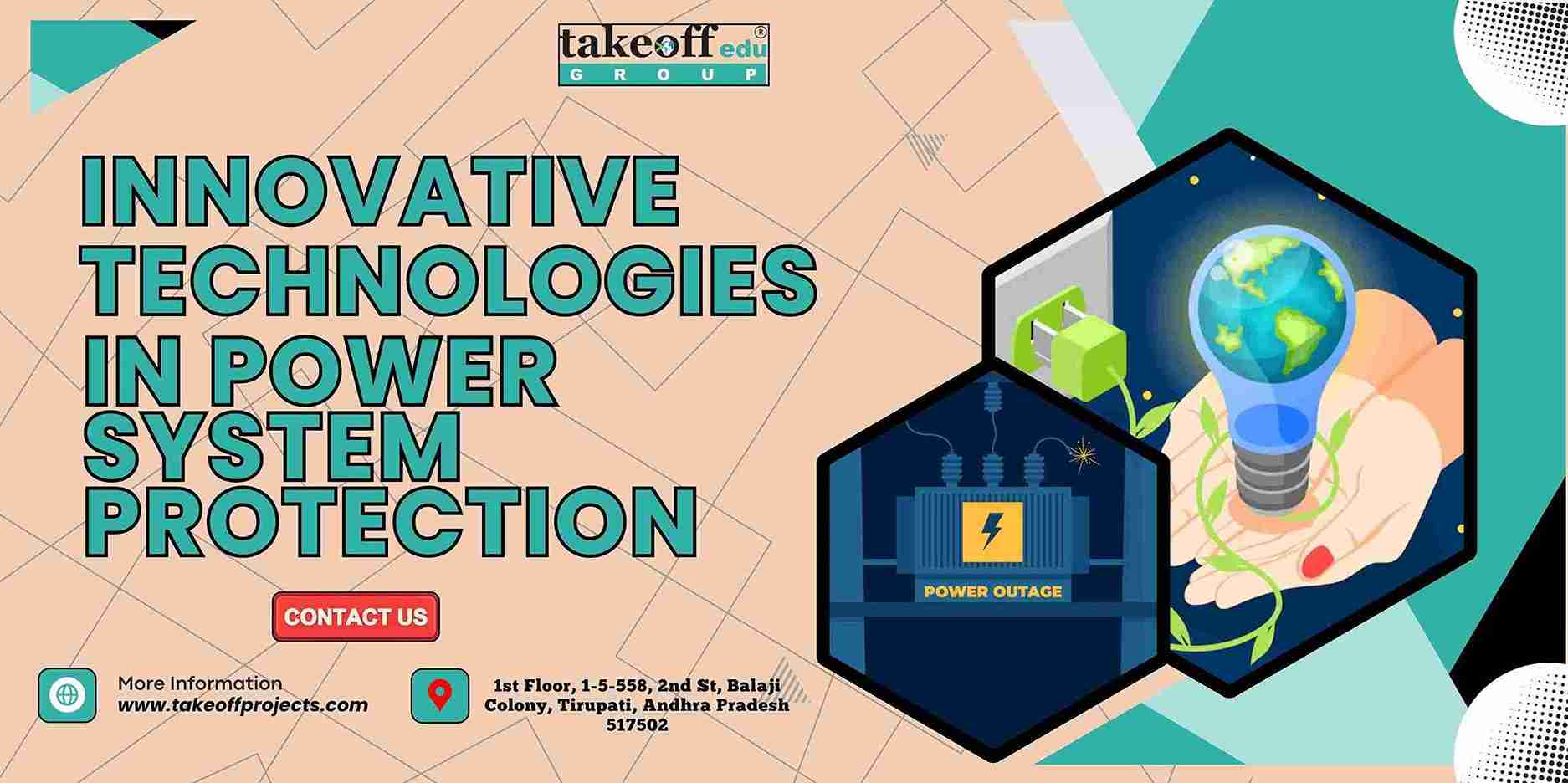 Innovative Technologies in Power System Protection
Innovative Technologies in Power System Protection  Challenges and Solutions in Power System Stability
Challenges and Solutions in Power System Stability 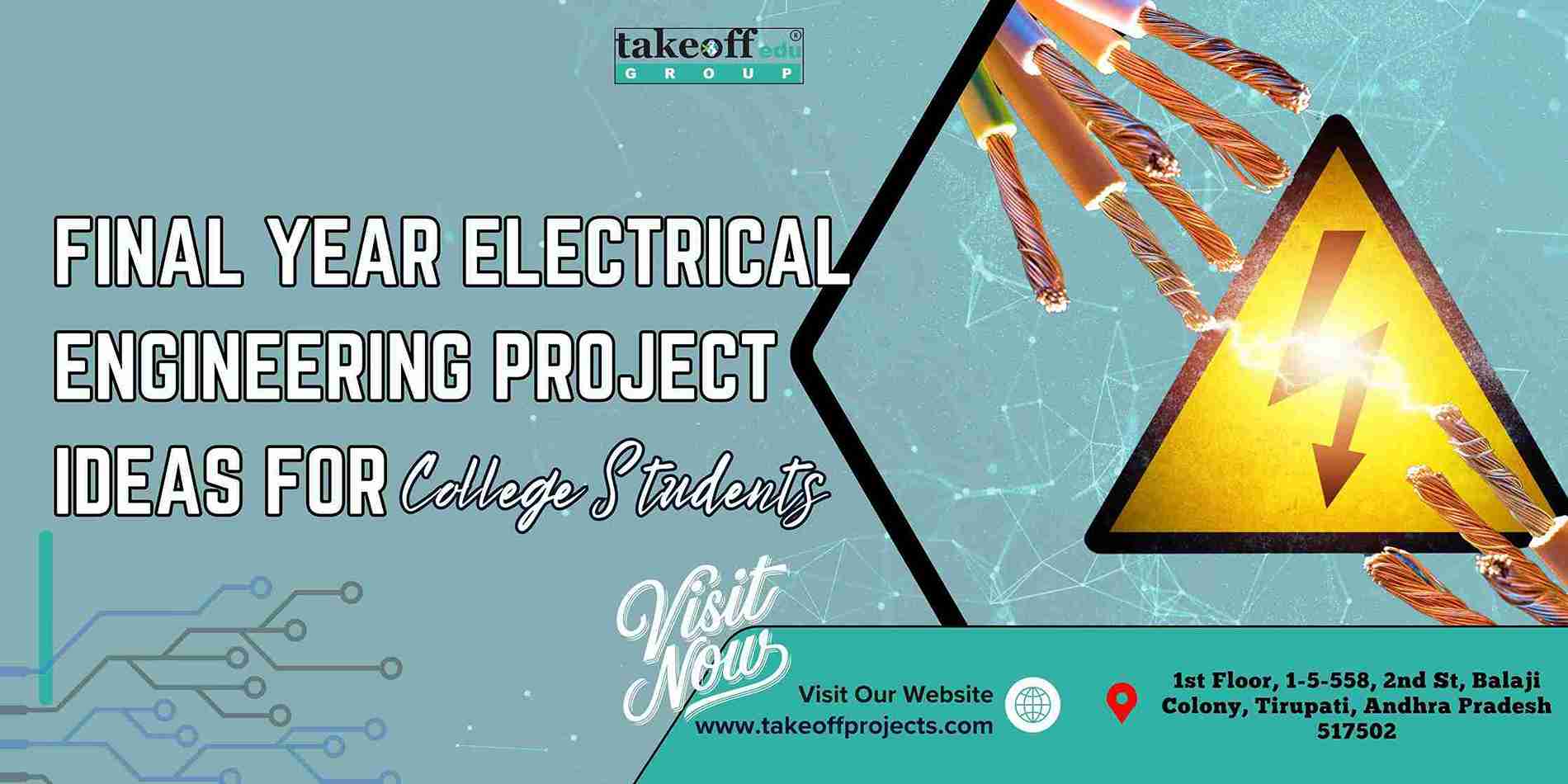 Final Year Electrical Engineering Project Ideas for College Students
Final Year Electrical Engineering Project Ideas for College Students  The Role of Renewable Energy in Modern Power Systems
The Role of Renewable Energy in Modern Power Systems 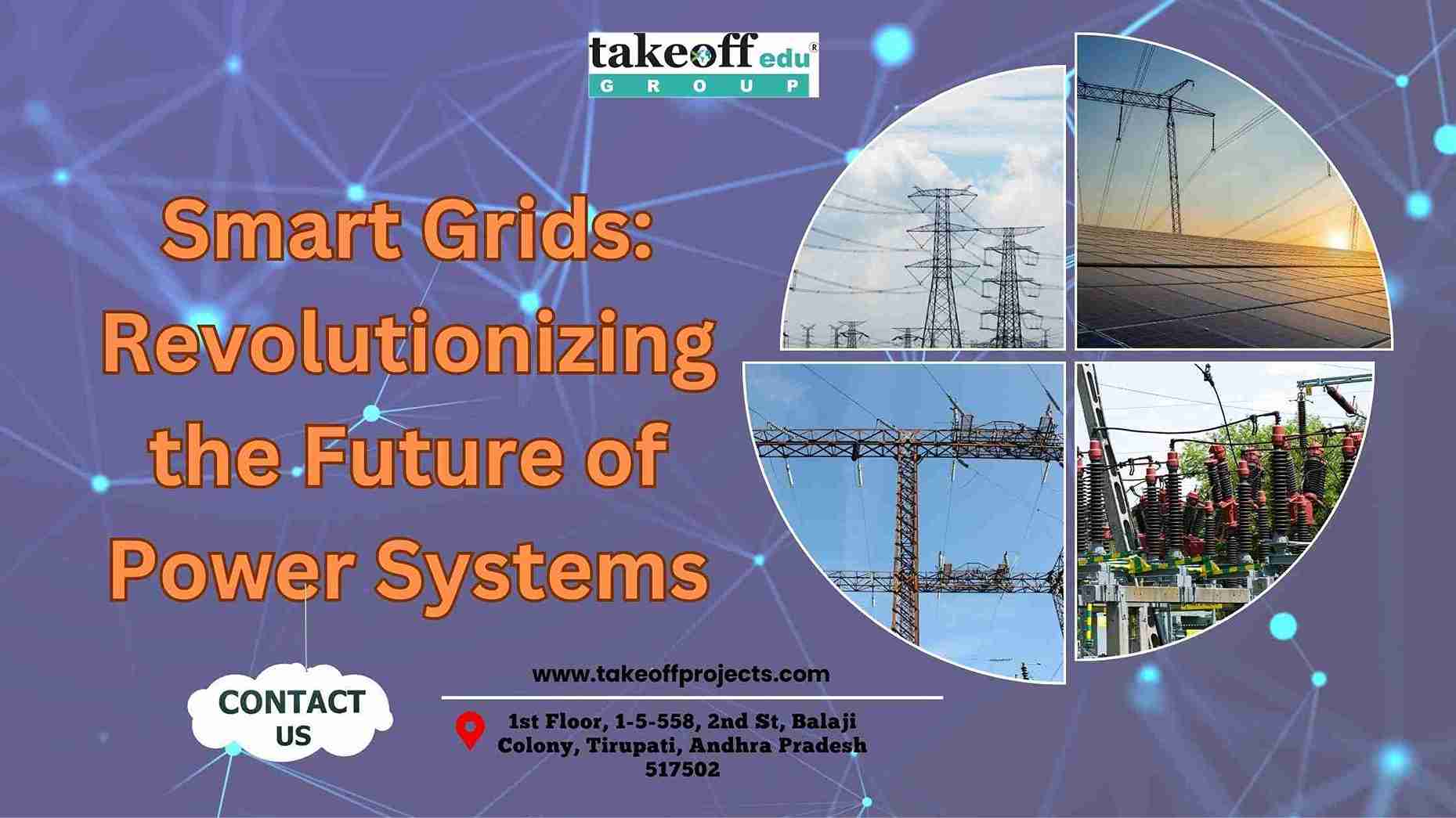 Smart Grids: Revolutionizing the Future of Power Systems
Smart Grids: Revolutionizing the Future of Power Systems 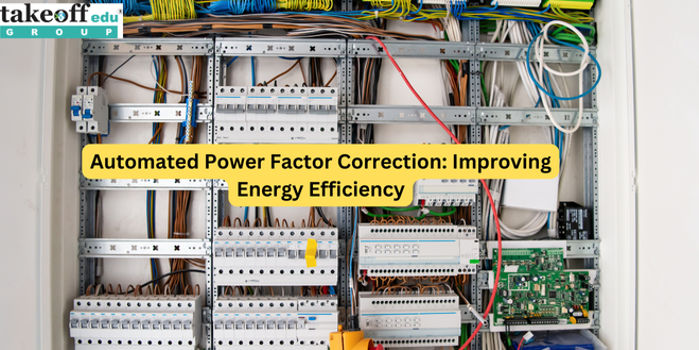 Automated Power Factor Correction: Improving Energy Efficiency
Automated Power Factor Correction: Improving Energy Efficiency 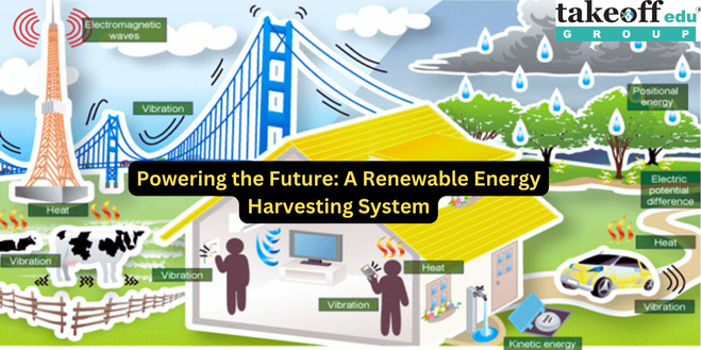 Powering the Future: A Renewable Energy Harvesting System
Powering the Future: A Renewable Energy Harvesting System 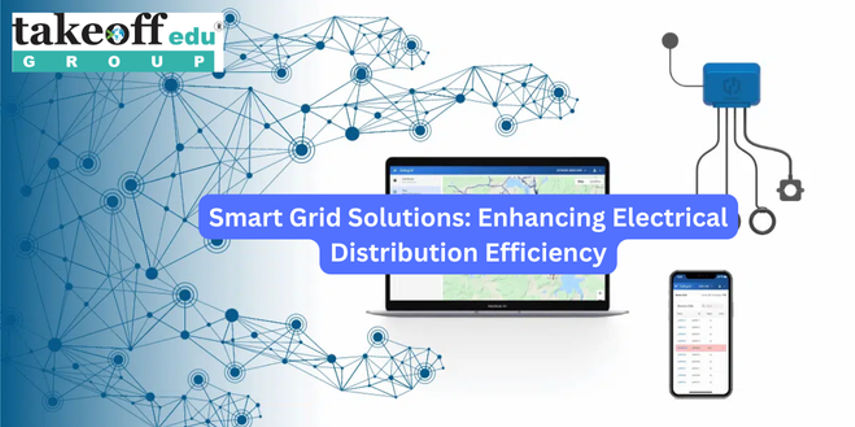 Smart Grid Solutions: Enhancing Electrical Distribution Efficiency
Smart Grid Solutions: Enhancing Electrical Distribution Efficiency 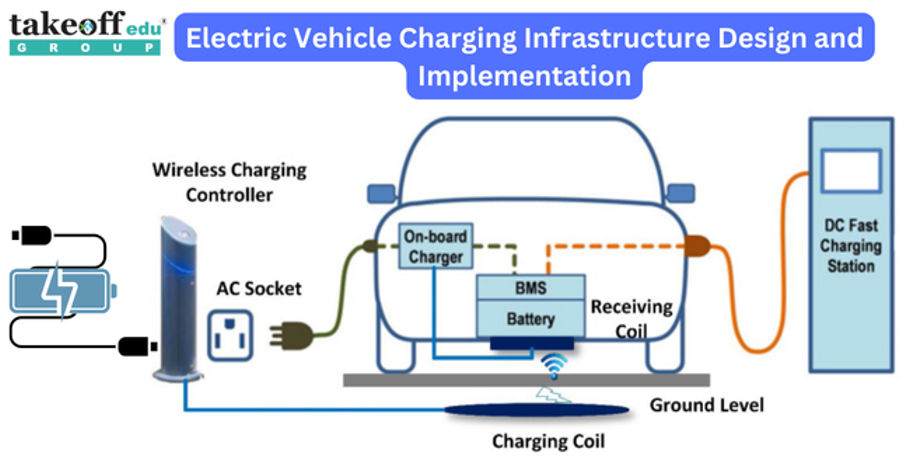 Electric Vehicle Charging Infrastructure Design and Implementation
Electric Vehicle Charging Infrastructure Design and Implementation 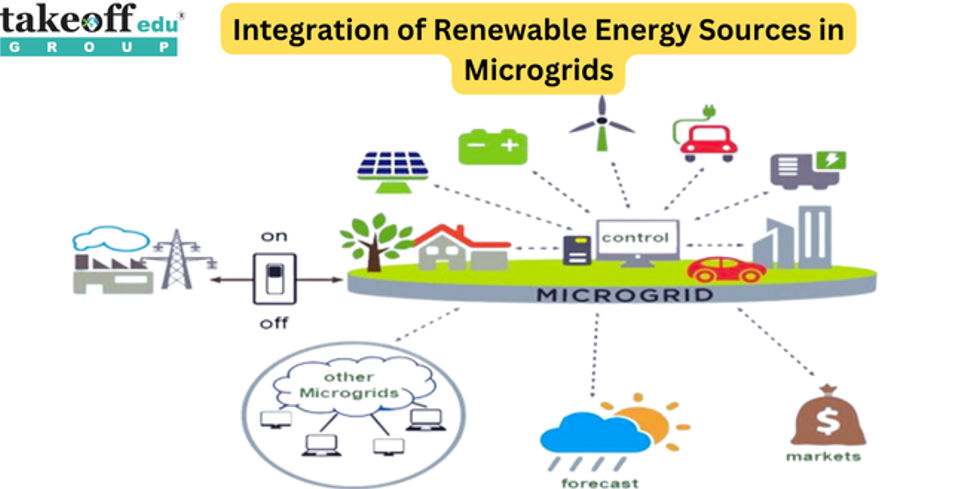 Integration of Renewable Energy Sources in Microgrids
Integration of Renewable Energy Sources in Microgrids 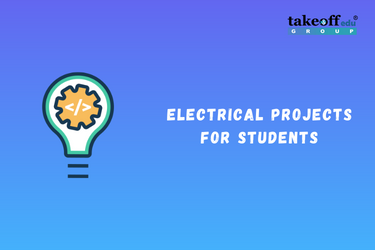 Electrical Projects Engineering Students
Electrical Projects Engineering Students  M.Tech Thermal Engineering Projects
M.Tech Thermal Engineering Projects 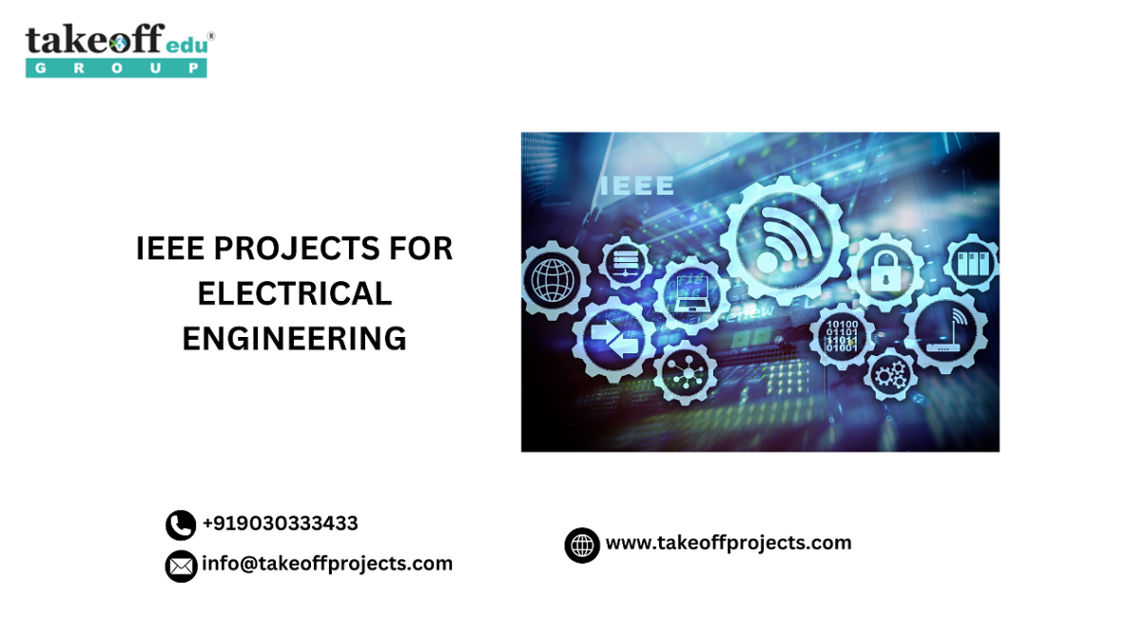 IEEE Projects for Electrical Engineering
IEEE Projects for Electrical Engineering  Mini Projects for EEE
Mini Projects for EEE 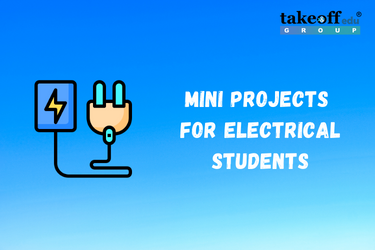 Mini Projects for Electrical Students
Mini Projects for Electrical Students 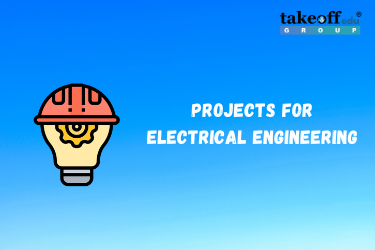 10 Interesting Projects for Electrical Engineering Students 2022
10 Interesting Projects for Electrical Engineering Students 2022 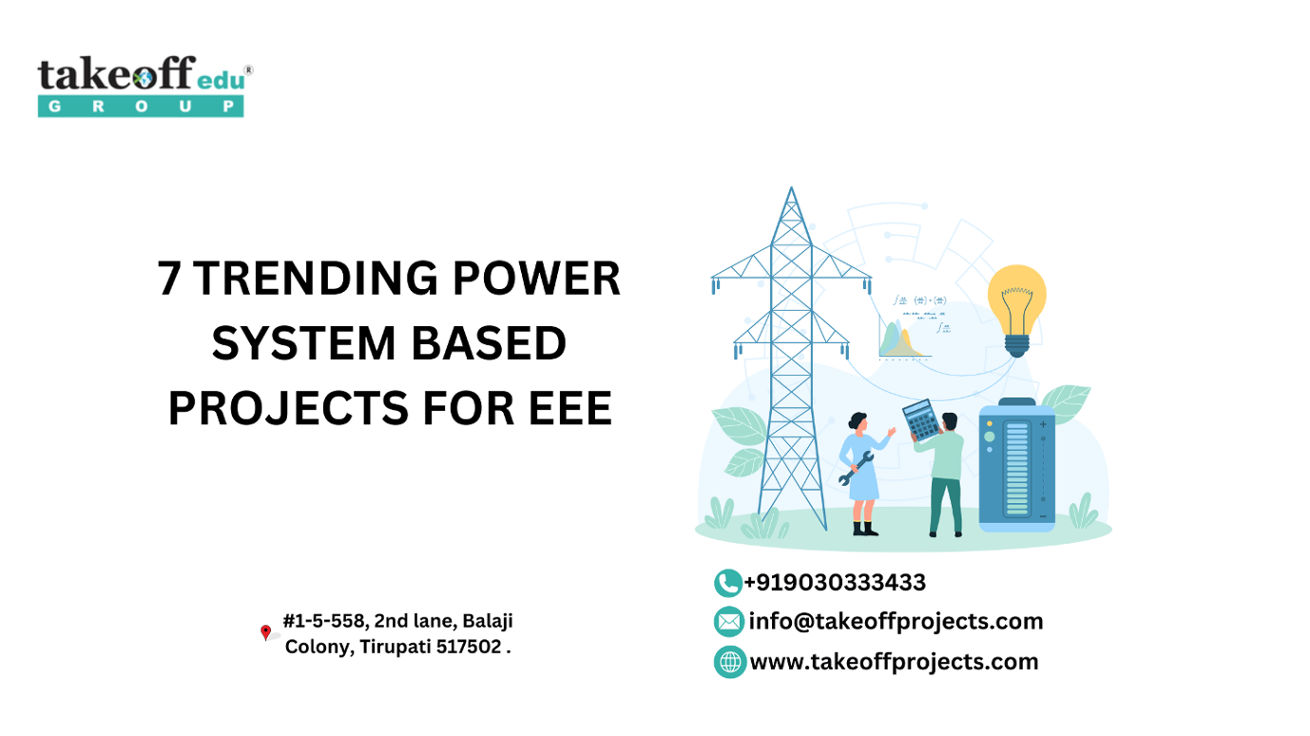 7 Trending Power Systems Based Projects for EEE
7 Trending Power Systems Based Projects for EEE  Top 10 Power Electronics Projects for EEE
Top 10 Power Electronics Projects for EEE 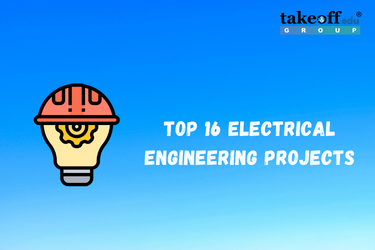 Top 16 Electrical Engineering Projects
Top 16 Electrical Engineering Projects 
 Paper Publishing
Paper Publishing


